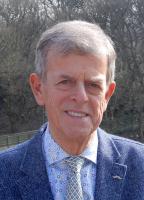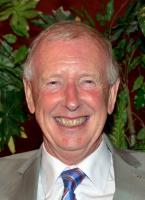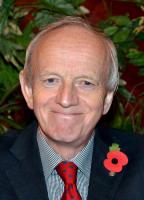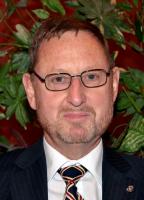No External Speaker - Alan Arthur organised members to speak
Wed, Aug 14th 2019 at 6:30 pm - 9:00 pm
Members spoke about their favourite sportsman. ------------ Speaker Finder Alan Arthur, Visitors Host, Grace and Banners John Waterhouse, Cash Desk Geoff Brown
First to speak was John Watson who told us a bit about Geoffrey Boycott starting with his beginnings as the son of a collier in Fitzwilliam. His father was injured in a colliery accident and never properly recovered. Boycott was also seriously injured when he was 8 years old as he fell on iron railings and impaled himself on then through the chest. He left school at 17 and became a clerk at the Ministry of Pensions. He played for a lot of local clubs but didn't get onto the Yorkshire county team until he was 22. John also gave us quite a lot of statistics relating to Boycotts career. He said that he had chosen to talk about Boycott because he was a true Yorkshire man - direct, blunt but honest if somewhat egocentric.
Next up was John Waterhouse who spoke about Herb Elliott an Australian runner who had had the greatest influence on John's young life. John felt he was the greatest middle-distance runner of his time using tactics to control a race such as running a very slow lap in 59 seconds and then doing the next lap in 50 seconds. He took 3 seconds off Derek Ibbetson's world record for the mile in 1958. This caused him to be offered $250,000 to go to the USA but he turned this down to stay in Australia and become an accountant. He ended up as the chairman of the third biggest mining company in the world.
Finally, Barry Smith spoke about James Edward Fryatt who was a Bradford Park Avenue Player. Barry explained that his father was an avid Park Avenue fan and had taken Barry to watch the reserves play until he was tall enough to see over the wall to watch the first team. This was something of a punishment rather than a pleasure
as Park Avenue were eventually kicked out of the football league in 1970 and liquidated in 1974. Fryatt holds the record for the fastest goal in English league football where he is credited with scoring in 4 seconds against Tranmere in 1964. Barry said that he was at the match and he is positive that the goal took much longer to score than that. Fryatt was a journeyman type of player starting his career at Charlton Athletic and eventually played for a total of 14 different clubs including 2 in the USA. He is still alive but suffers from Alzheimer's Disease which Barry postulated could have been caused by heading so many old-fashioned heavy footballs.
 Contact Derek O'Hearne about this page:
Contact Derek O'Hearne about this page:
'What We Do' Main Pages:
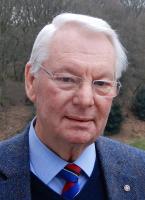
Coming under Community this part of the group exists to undertake environmental projects on behalf of the club.
more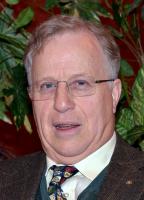
This committee provides the link with Rotary Internationals main charitable trust which primarily deals with projects having a global nature.
more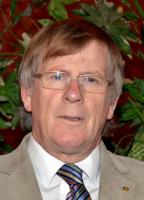
Rotary is not just about doing good deeds but also about enjoying yourself and this committee organises social activities. This page contains an archive of some of our activities.
moreThis committee works with the other committees to help them raise funds for their individual projects to support charities locally, nationally and internationally.
moreThis is the vehicle that donates the money that we have raised to the various good causes that we support. Its official name is The Rotary Club Of Bradford Blaize Trust Fund and its registered number with the Charity Commission is 514621.
moreThis committee organises social events and deals with the day to day running of the club.
moreThis committee exists to provide PR and communications between the members and also to provide links to non members through the web site and Facebook.
more